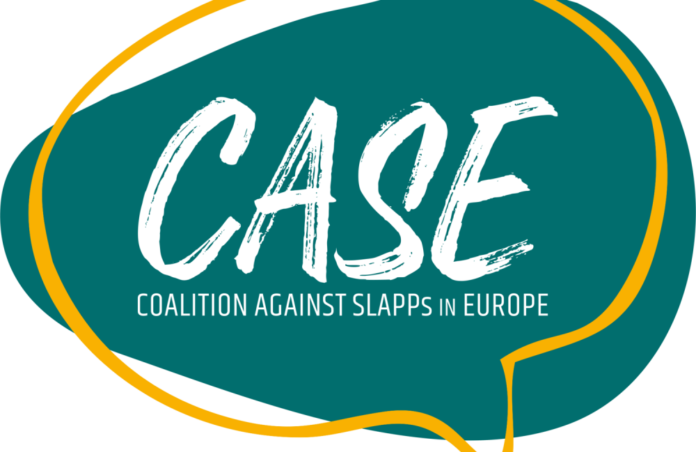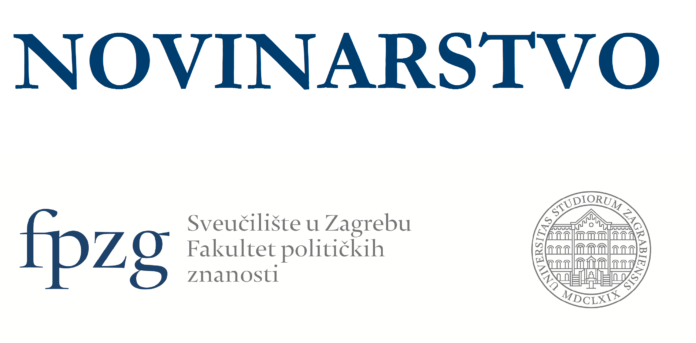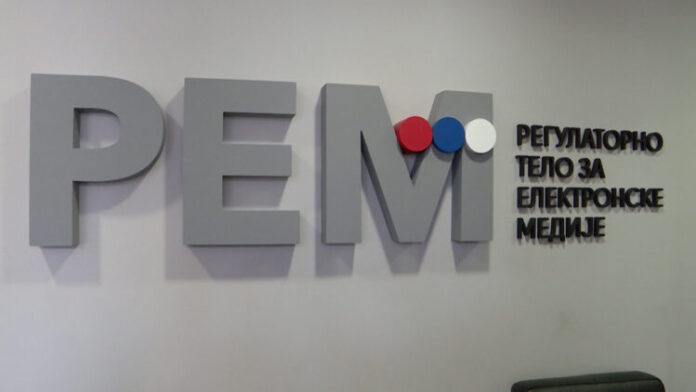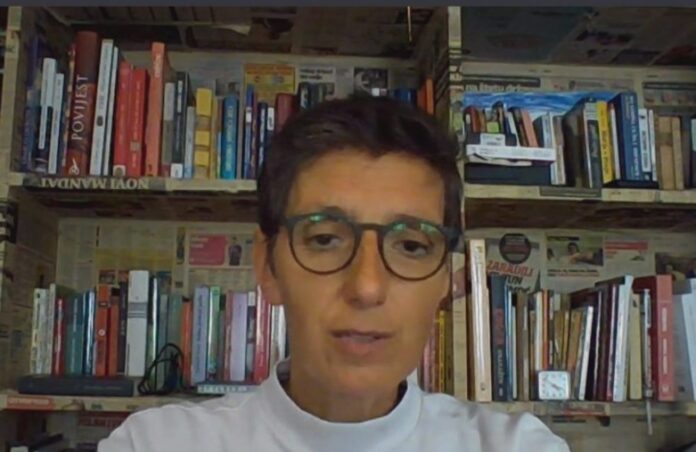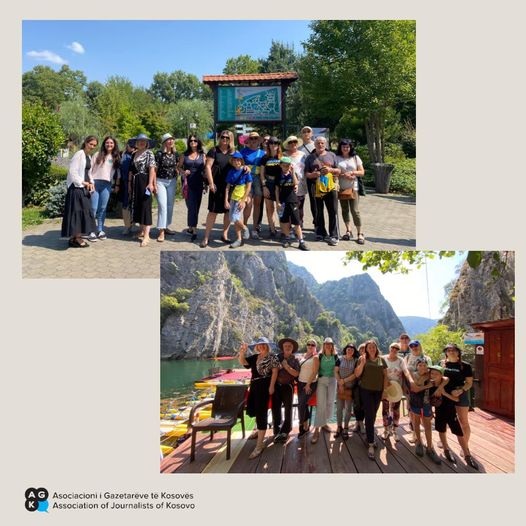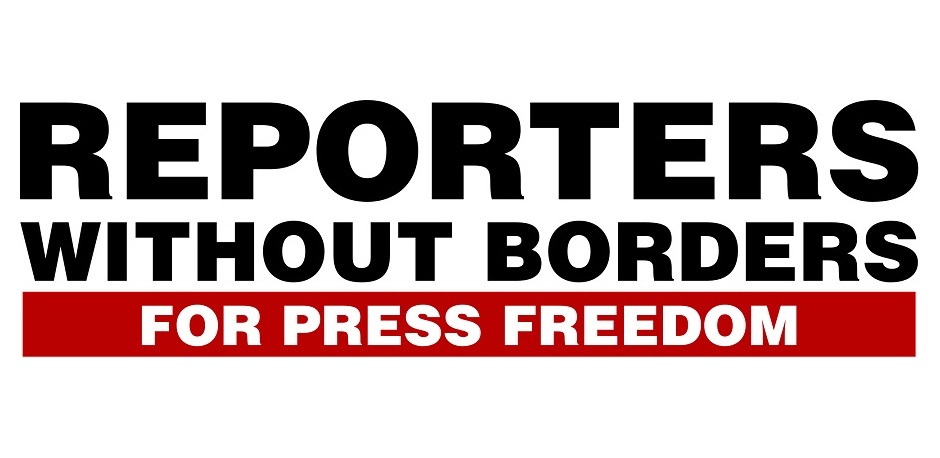A recent report by the Association of Independent Journalists of Serbia together with the Balkan Investigative Reporting Network analyses the problems concerning the safety of journalists on the web, looking at the specific case of Serbia, and suggests how to make the editorial environment less dangerous
23/08/2023 – Ettore Morello
Threats and attacks against journalists are increasingly frequent and in most cases directly affect computer systems, websites, e-mail, and generally digitised documents. As a recent report by the Association of Independent Journalists of Serbia and the Balkan Investigative Reporting Network demonstrates, very often, attacks on journalists occur through insults, intimidation, defamation, and abuse of digital identity. The media can be subject to troll campaigns and rampant disinformation, favoured by the anonymity of the web. These issues could cause unfounded reporting and the removal of journalistic content from social media. The lack of protection mechanisms and clarity on what is considered criminal behaviour remains a serious concern.
The consequences of these threats affect the work of journalists, communication with sources and colleagues, and the quality of reporting. Press freedom, as highlighted by the 2023 report by Reporters without borders , is undergoing a progressive deterioration.
The issue increasingly involves the digital world, as the partners of the European consortium, Media Freedom Rapid Response , mentioned in their report. Particularly, the report stresses how online attacks are now comparable in number to real ones.
As the authors of the report point out, this trend is visible, for example, in Serbia, where for years we have been witnessing an ongoing erosion of democratic institutions and press freedom and growing media polarisation. In this partly free socio-political context there have been frequent online attacks on journalists investigating cases of corruption, abuse of office, and organised crime.
Many of the attacks occur with the use of bots (often on Twitter) through comments posted on media web portals, content platforms, and even personal social profiles.
The defence mechanisms identified by Serbian journalists include self-protection and the use of editorial and platform procedures. Self-protection consists in hiding and banning hate speech profiles and sentences on social platforms.
On their part, to counter the phenomenon of online threats, newsrooms act as moderators of the comment sections on their web pages. Still, the situation is worrying as newsrooms lack internal mechanisms to effectively respond to attacks, which are furthermore increasingly perceived as a “normal” phenomenon in the digital world. Even directly addressing platforms or institutions has led to few results: identifying attackers is difficult if not impossible, especially when attackers hyde behind anonymous profiles.
Insults, threats, and hate messages have a strong impact on both the professional and personal lives of journalists in Serbia. Despite being threatened, as the authors point out, none of the journalists interviewed has given up their jobs.
Poor legislative framework for online threats
The Serbian regulatory framework lacks specific provisions to deal with online threats and attacks. Indeed, there is special protection for journalists working in an environment characterised by security hazards. The challenges for the legal system arise both due to the lack of adaptation of the laws to the digital world but also due to web anonymity. The stringent definition of serious threat established by Serbian court practice does not, in most cases, make perpetrators of online intimidation criminally liable. The analysis of the cases reveals a prevalence of suspended sentences (14 out of 17) for online harassment in Serbia, with only three cases leading to actual, but still limited, detention. Prosecutions and the further victimisation they entail discourage journalists, especially women journalists, from reporting online attacks.
The report’s recommendations for dealing with online attacks on journalists are addressed in particular to governments and public officials, but also to newsrooms. The report underlines the need for greater speed in online investigations by public officials and for a more serious regulatory adaptation to the relevant EU directives. Amending the law on public information and the media and reforming the penal code remain priorities to be addressed by the country.
Newsrooms, for their part, should create clear online safety protocols to incentivise journalists to report attacks on digital platforms. It is thus essential to train journalists on protection mechanisms, but also judges, prosecutors, lawyers, and ministries on the different types of online attacks on journalism.
Introducing legislation to reduce the impact of secondary victimisation (the additional attacks journalists may face during the trial) would ensure more comprehensive and less self-censored reporting. Politicians and public officials should avoid hate speech online and promptly condemn digital attacks on journalists. Ultimately, better collaboration between the state, civil society organisations, and the technology sector would certainly contribute to a safer media and digital environment.
This article was originally published on Osservatorio Balcani e Caucaso


